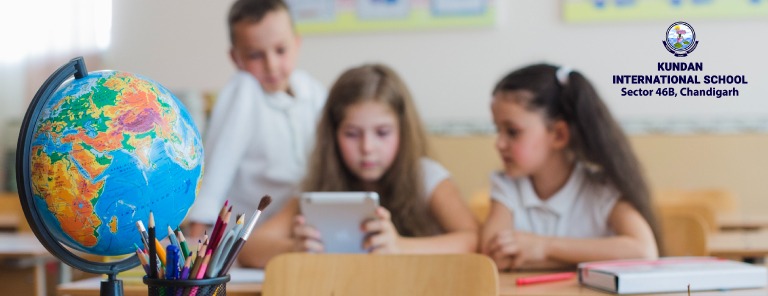Education is the basic building block of every society. It is the single best investment countries can make to build prosperous, healthy and equitable societies. Article 26 of the 1948 Universal Declaration of Human Rights states that “Everyone has the right to education.” Today however, 57 million children remain out of school. Education is not only a right, but a passport to human development that opens doors and expands opportunities and freedoms. Sustainable Development Goal 4: Ensuring Inclusive, Equitable, and Quality Education and the Promotion of Lifelong Learning Opportunities for All, recognizes several impediments for universal education and attempts to address them through targets to increase the number of scholarships to students in developing nations and create educational facilities that are gender sensitive and disability inclusive.
Sustainable and shared economic development increasingly depends on the capacity of governments to implement policies targeted at marginalized groups and remove barriers to ongoing learning and entry into the labor market. Notwithstanding the significant achievements over the past decade, women and girls still have the least access to education and training, and specific policies are urgently needed to address these challenges.
Those who leave school at an early age are vulnerable to unemployment, poverty, early marriage, and pregnancy. Some of the factors that fuel drop-out rates include poverty, gender, disability, family catastrophes, war and conflict, as well as perceived low return on investment for education. Developing alternative learning opportunities that take into account these reasons for high drop-out rates are necessary to provide young people appropriate opportunities to consolidate their basic knowledge and competencies, and equip them with the relevant skills needed to obtain employment, become business owners and entrepreneurs or engage in other productive work.
We are making progress. But there’s more to be done. All children have the right to a safe, inclusive and quality education. We want all children to be educated for life, in a safe and nurturing environment, in order to lead productive and fulfilling lives.
Our unique, community-led, whole child model, refined and expanded over our 70-year history, helps establish sustainable child wellbeing solutions. Our education programme focuses on improving the access to and quality of learning opportunities for all children from birth, through childhood and adolescence.
We measure our success by the positive improvements in children’s learning outcomes in cognitive, social and emotional, life and livelihood skills. The digital survey tool, MEQA, enables on the ground, real time implementation assessment and coaching; and provides detailed, accessible data for project management decisions.
We work hard to reach the most vulnerable children such as those in extreme poverty, with disabilities, out-of-school children, and affected by crises. Our approach fits and adapts continuously to diverse and rapidly changing contexts across the development, humanitarian and peace nexus.
We work with local partners to drive the social behaviour change required to address obstacles to children’s developmental and learning journey. In coalition with others we strengthen education systems at household, community, national and global levels.
Anupama
PRT
Kundan International School
